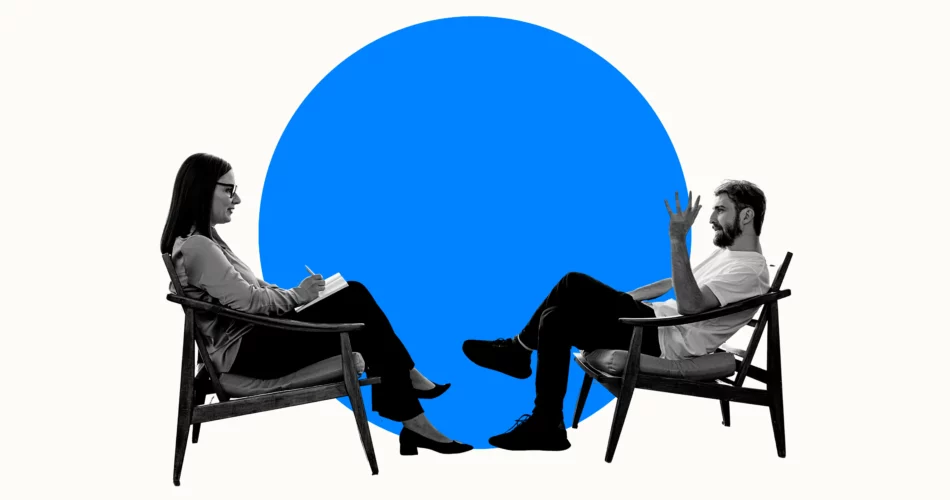Limiting beliefs, those self-imposed barriers that constrain our potential, are not just psychological constructs but also have deep roots in our brain’s neural networks. To truly transform your life, it is essential to overcome limiting beliefs. Many individuals live within these self-created boundaries without fully realizing how much they restrict personal and professional growth. Through the lens of life coaching, enriched by the insights of neuroscience, individuals can embark on a transformative journey to overcome limiting beliefs and unlock their true potential. By learning to recognize these beliefs as flexible rather than fixed, people can begin shifting their mindset toward one of possibility and resilience.
The Neural Foundations of Limiting Beliefs in Life Coaching
Every belief, including the limiting ones, is anchored in neural pathways formed through repeated thoughts and experiences. These pathways, once established, influence our perceptions, decisions, and actions. For instance, a person who repeatedly hears or tells themselves “I’m not good at public speaking” strengthens the neural networks associated with fear and avoidance of that task, making the belief feel like a fact rather than a perception.
However, the dynamic nature of the brain, known as neuroplasticity, offers hope. It suggests that these pathways can be reshaped, allowing for the possibility of changing even deeply entrenched beliefs. This means that what feels permanent is, in reality, highly adaptable when new thoughts, behaviors, and experiences are consistently practiced.
Strategies to Identify Limiting Beliefs with a Neuroscience Touch
- Reflective Practices: Engaging in introspection can help unearth deep-seated beliefs. Understanding that these beliefs have a neural basis can make the process of identification more grounded. Journaling, guided self-reflection, or structured questioning can reveal recurring thought patterns that may otherwise remain subconscious.
- Feedback Loop: A life coach, with knowledge of neuroscience, can provide feedback on observed behaviors and thought patterns, helping pinpoint the underlying limiting beliefs. Hearing an external perspective often uncovers blind spots, showing individuals how their internal narratives influence outward choices.
- Neural Triggers: Recognizing situations or stimuli that activate these limiting beliefs can offer insights into the neural circuits at play. For example, noticing a sudden increase in anxiety during team meetings may point to a belief about inadequacy in leadership, giving the individual a clearer starting point for growth.

Techniques to Overcome Limiting Beliefs through Life Coaching
- Neurological Repatterning: This involves creating new neural pathways through positive affirmations, visualization, and experiential exercises. Over time, these new pathways can become dominant, reducing the influence of limiting beliefs. Repeated exposure to empowering experiences gradually weakens the old circuits, proving to the brain that new outcomes are possible.
- Mindfulness and Meditation: These practices can help in observing and detaching from limiting beliefs, allowing for a clearer perspective. From a neuroscience viewpoint, they also aid in creating new neural connections. By lowering stress responses in the brain, mindfulness practices make it easier to replace reactive, limiting thoughts with calmer and more empowering ones.
- Cognitive Restructuring: Challenging and reframing limiting beliefs can lead to the formation of new, empowering neural pathways. This technique is especially powerful when combined with an understanding of the brain’s workings. For instance, shifting from “I always fail when I try something new” to “I am learning to succeed by practicing” transforms the internal narrative and strengthens pathways for persistence.
- Continuous Learning and Growth: Embracing a growth mindset, backed by the neuroscience understanding of the brain’s adaptability, can be instrumental in overcoming limiting beliefs. Learning new skills, pursuing challenges outside of one’s comfort zone, and seeking feedback from mentors all contribute to reinforcing the belief that abilities are not fixed, but can expand over time.

In conclusion, the synergy between life coaching and neuroscience offers a potent approach to personal transformation. By understanding the neural underpinnings of limiting beliefs, individuals can be better equipped to challenge and overcome them, leading to a life of greater fulfillment and possibilities.













